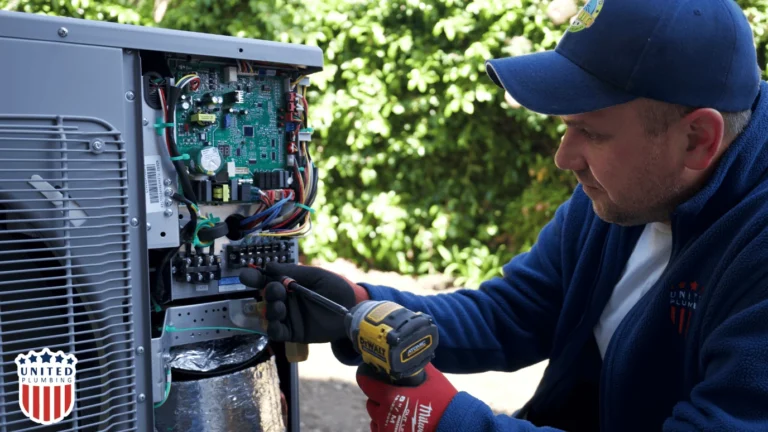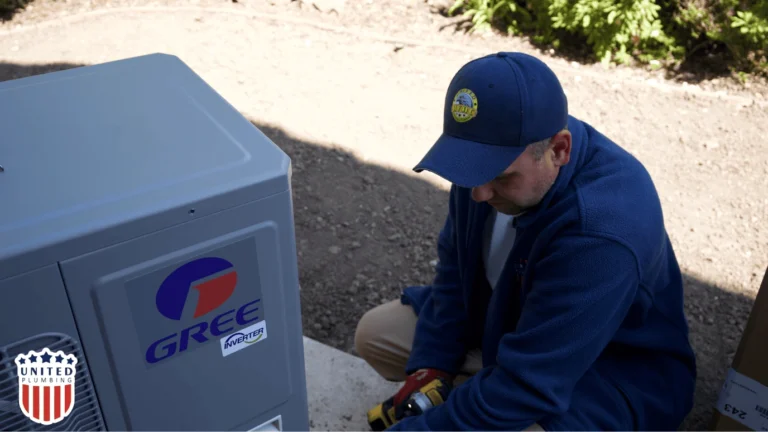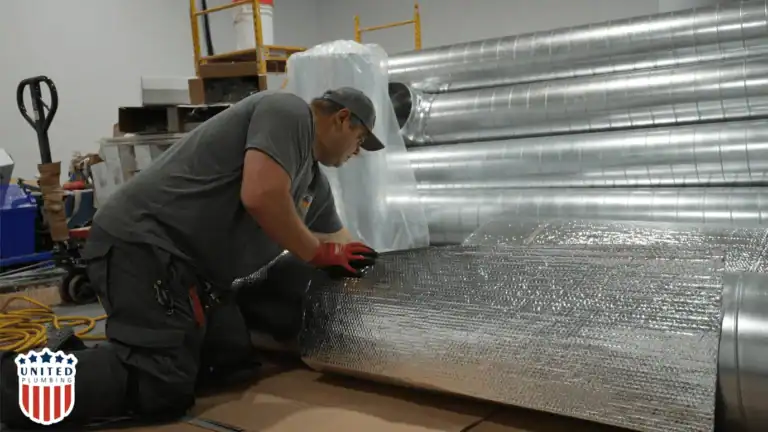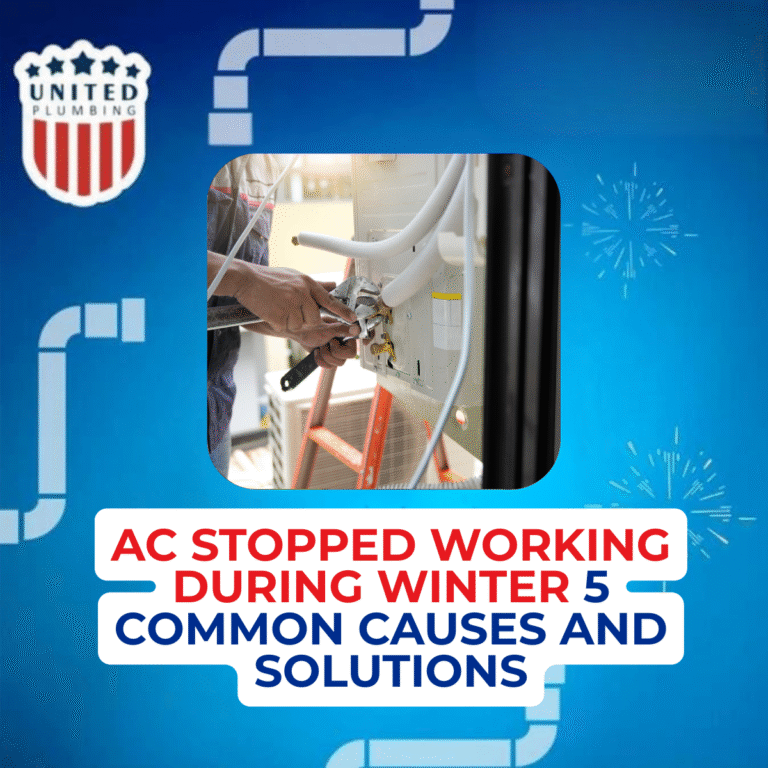FIVE-STAR TEAM WARRANTY &
SAME-DAY SERVICE
Do Heat Pumps Really Save Money?

Heat pump installation is on the rise across the United States — and for good reason. As electricity prices go up and energy efficiency becomes more important, homeowners are searching for better home heating and cooling system options. But many still wonder: Do heat pumps really save money? Let’s dive into the technology, costs, and long-term energy savings of modern heat pumps.
What Is a Heat Pump and How Does It Work?
A heat pump system transfers heat energy instead of creating it, using less electricity than traditional air conditioning gas heating systems. It works by moving warm or cold air from one place to another depending on the season. This makes it perfect for moderate climates like California’s.
There are several types of heat pumps, including:
- Air-source heat pumps (most common)
- Ground-source heat pumps (aka geothermal heat pumps)
- Ductless mini-split systems
- Heat pump water heaters
Each kind of heat pump uses outside air, the ground, or water as its heat source.
How Much Does a Heat Pump Installation Cost?

The upfront cost of a heat pump installation can range from $4,000 to $10,000, depending on:
- The size of your home
- The type of heat pump
- Whether it’s a full split system or a supplement to your existing central air
Good news: Thanks to the Inflation Reduction Act, homeowners may qualify for federal and state rebates, slashing the initial price significantly.
Looking for rebates? The ENERGY STAR Rebate Finder is a valuable tool for homeowners to search for local and federal heat pump incentives—just enter your ZIP code to see what’s available in your area.
Do Heat Pumps Really Save Money?
In short yes let us break it down
Lower Energy Use: Modern heat pumps are designed for high-efficiency heat transfer, meaning they use less energy to maintain comfort. This can reduce your energy usage by up to 50% compared to electric resistance heating or a traditional furnace.
Reduced Electricity Costs: Although they run on electricity, heat pumps are 2–4x more efficient than standard HVAC units. This lowers your cost of electricity and results in major energy bill savings over time.
Eco-Friendly Bonus: Switching from fuel oil or fossil fuels to a heat pump helps shrink your carbon footprint, reduce greenhouse gas emissions, and fight climate change — especially when paired with solar panels.
Want to avoid costly breakdowns? Read more about common HVAC repair warning signs that could save you money and extend the life of your system.
What About Cold Climates?
Today’s cold-climate heat pumps are designed to perform in extreme cold, making them a viable replacement even where winters are harsh. Advanced variable speed compressors and improved heat pump efficiency allow them to deliver warm air even in freezing temps.
Is It Right for Your Home?

You may benefit from heat pump technology if:
- You want a more efficient cooling system
- Your traditional HVAC system is outdated
- You care about indoor air quality and clean energy
- You’re replacing a fuel system or traditional heating system
The right heat pump depends on your ZIP code, local climate, home’s needs, and square footage. A contractor can help you determine the best fit.
Real Numbers: Savings Over Time
| System Type | Avg. Annual Energy Cost | 10-Year Cost |
| Traditional HVAC | $1,500–$2,000 | $15,000–$20,000 |
| Heat Pump Installation | ~$800 | ~$8,000 |
Cost savings can be even greater when you factor in lower maintenance costs and potential rebates.
From cutting heating costs to lowering your carbon emissions, heat pumps are a smart, long-term investment. Whether you’re curious about air-source heat pumps, ground-source options, or upgrading your central air, now is the perfect time to explore heat pump options.
Learn More
Post views: 723
Latest posts

Is HVAC Duct Cleaning Really Worth the Money in San Jose, CA?
Many homeowners in San Jose question whether HVAC duct cleaning is a necessary service or an unnecessary expense....

AC Stopped Working During Winter 5 Common Causes and Solutions
If you ended up on this blog, your AC stopped working during winter, or you are trying to learn more about HVAC....


If you still have questions or need advice, please leave a request and we will contact you as soon as possible
Need a plumber and got no clue where to start?
(408) 539-6936Facing a plumbing issue? Get a FREE in-person estimate and quick solutions from our skilled technicians, ensuring your home runs smoothly again!
